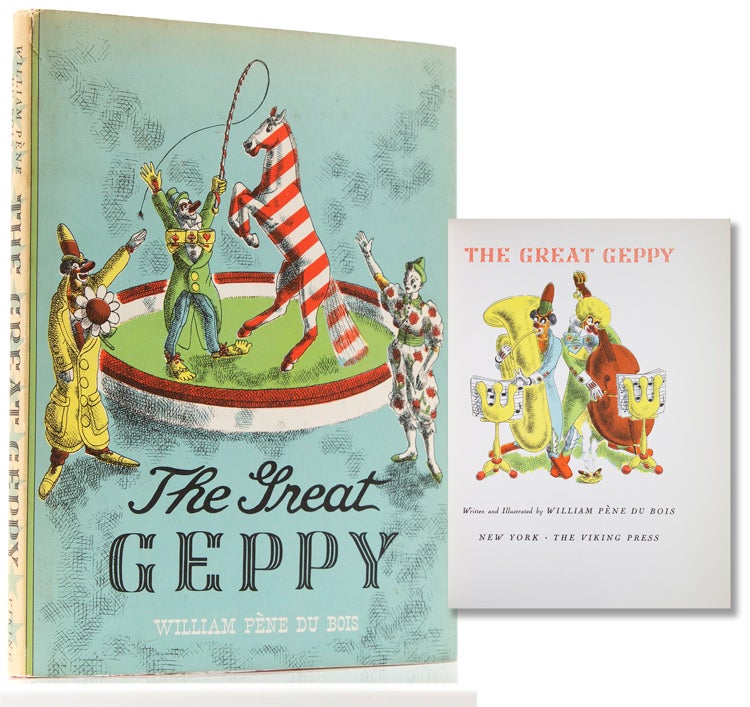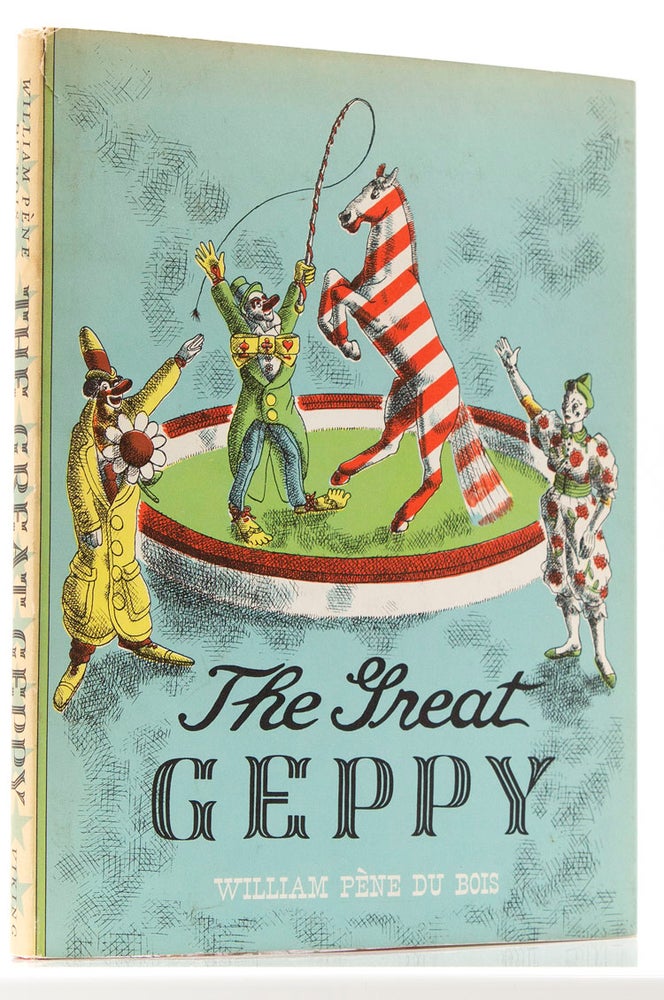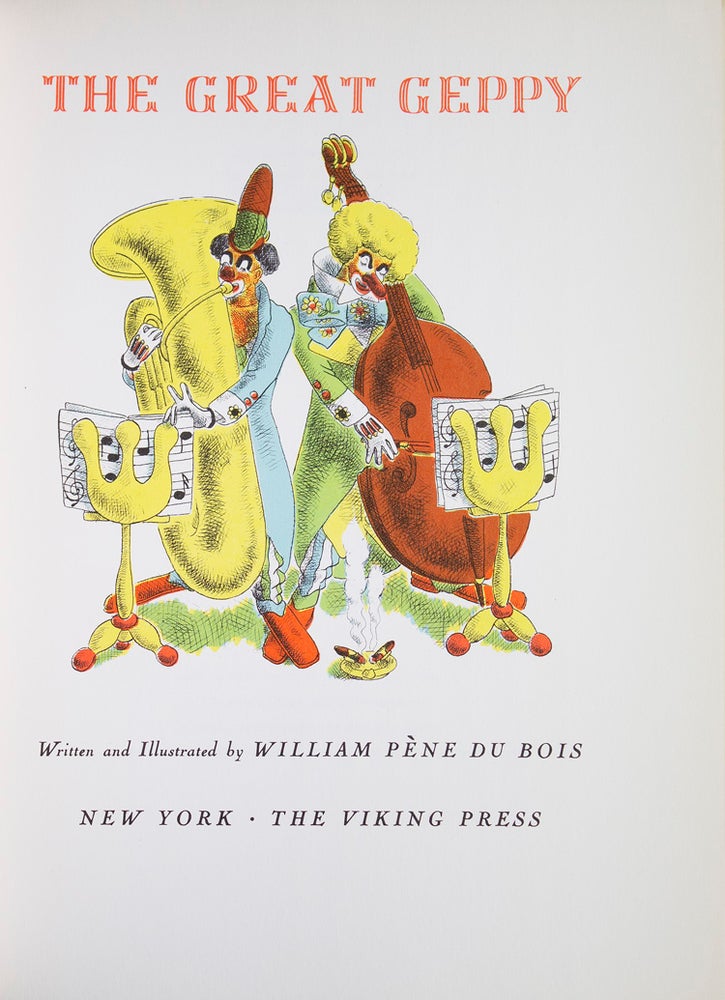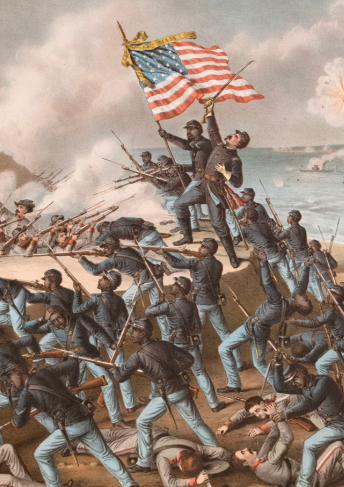President Thomas Jefferson Swears "On my sacred honor...."
Autograph Letter, signed, from Thomas Jefferson to Secretary of War Henry Dearborn.
Washington, D.C: June 3, 1804.
Price: $45,000.00
About the item
1 page plus integral address leaf. 4to, on a folded folio sheet. President Thomas Jefferson Swears "On my sacred honor...." Old fold lines. Minor wear and soiling. Strip of later paper on left edge verso, where letter had been tipped into an album. Very good. In a brown half morocco clamshell box, spine gilt.
Item #308668
A remarkable letter written by President Thomas Jefferson to his Secretary of War, Henry Dearborn, in which Jefferson swears "on my sacred honour" that he gives no credence to slanderous gossip circulating relating to Gideon Granger, Samuel Hunt, and the Payne sisters (i.e. including Dolley Madison).
Dearborn (1751-1829), a soldier and politician, was appointed by Jefferson to the post of Secretary of War in 1801, a position he held throughout Jefferson's terms in office. He was moderately successful in most of his life's endeavors, excepting his command during the War of 1812, in which he lost Detroit to the British.
Jefferson acknowledges receipt of Dearborn's recent letter regarding the slanders being spread about him by Seth Hunt, who was seeking a government appointment. The President admits that he had learned of the defamation from Gideon Granger, his Postmaster General, but his response makes clear that his support of Dearborn is unwavering: "with respect to the slanders which the two Mr. Hunts were implicated, I assure you on my sacred honour that I never heard one word uttered but from Mr. Granger and one other person who does not reside in this part of the country, nor is any way connected with the government; and the sole object of his communicating with me was to engage me to endeavor to prevent the matter being carried into the public papers. From neither of these gentlemen did I learn, or ever from any other quarter, that you even knew of the slanders in circulation. Your letter is the first intimation of your having had any conusance [sic] of them. Be assured therefore that not a suggestion on the subject has ever been made to me to your prejudice, nor would any such make an impression on me. Where I have knoledge [sic] of a character myself, I place more confidence in that knoledge than in any suggestions which can be made, and am more apt to look for their source in the character & circumstances of the suggestor. The degree of confidence in you which led me to ask your aid in the administration, has never been diminished; on the contrary it is strengthened by opportunities of knowing myself what I had before taken from the information of others: and by that affection which naturally grows out of a social intercourse with worthy persons. As to what I mentioned that Mr. Seth Hunt was stated to me to have rendered himself so obnoxious to some persons as that his appointment would scarcely be confirmed by the Senate, it was mentioned, and not a single particular was added or asked. This frank declaration is made in order to establish that mutual satisfaction of reciprocal confidence which I know to exist on my part, and I entertain no doubt of on yours."
The conflict resulted from a rather confusing bit of poltiical intrigue which included the slanderous charge that a Massachusetts Democratic-Republican congressman (Richard Cutts) had falsely aligned himself with southern Republicans by marrying the sister of Dolley Madison, with one Jeffersonian coming to her defense and challenging another Jeffersonian, who was up for a Presidential appointment, to a duel.
A striking letter from Jefferson as President. His use of the phrase "on my sacred honour" has particular meaning, underscoring his unwavering support for Dearborn. It was with their "sacred honour" - together with their lives and fortunes - that Jefferson and the other fifty-five Signers pledged to support the Declaration of Independence.







